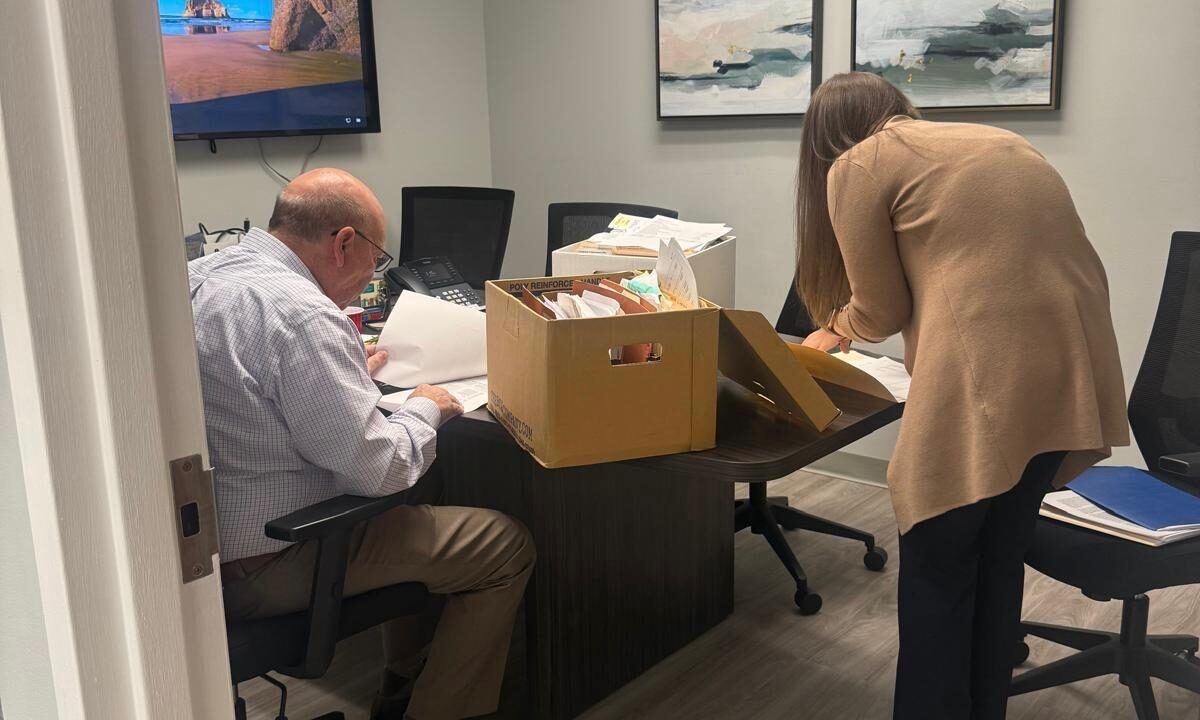When a family law case heads to trial, it’s often the final chapter in a long and emotionally charged legal journey. For family lawyers, trial preparation requires intense focus, strategic planning, and deep familiarity with both the client’s goals and the court’s expectations.
Strategic Review and Case Planning
Every trial begins with a thorough review of the case: pleadings, discovery materials, financial records, custody evaluations, and any prior court orders. From there, the lawyer crafts a tailored litigation strategy aligned with the client’s objectives—whether that means securing parenting time, dividing complex assets, or contesting support.
Evidence, Witnesses, and Logistics
Preparing exhibits and witness testimony is a time-consuming process. Lawyers must identify relevant documents, prepare expert and lay witnesses, and ensure every piece of evidence is ready to be admitted in court. Even minor missteps in presentation or documentation can lead to costly delays.
The Hidden Costs and Court Challenges
Trial is expensive, both financially and emotionally. Legal fees rise significantly due to increased attorney hours, court appearances, and related expenses like expert witness fees, trial exhibits, and travel. In New Jersey and New York, clients and attorneys must also contend with practical hurdles:
- Parking near courthouses is often limited or expensive.
- Delays and adjournments are frequent due to overloaded dockets.
- Trials may be split across non-consecutive days, prolonging the process.
- Last-minute changes in the court schedule are common.
The psychological toll of a trial on the client AND on the attorney. The constant level of preparation needed at trial, in the face of numerous starts, stops (think of the movement game that kids play called “red-light – green-light”), delays and new events occurring, weigh on everyone in the Courtroom – even the judge. These factors all contribute to stress—and cost. However, clients can play an active role in making the process smoother and more efficient.
💡 Client Tips: How to Help Your Lawyer Prepare—and Keep Costs Down
- Be Organized: Provide requested documents promptly and in an organized manner (digital files labeled by date or topic are ideal).
- Stick to the Facts: Avoid emotional storytelling in trial prep meetings unless it’s legally relevant. Time spent filtering through unnecessary detail adds up.
- Follow Instructions: If your attorney asks you to avoid contacting the other party or to review certain documents, do so—it avoids complications and extra work later.
- Be Available: Respond to emails and calls promptly, especially during the final days before trial.
- Prepare Emotionally: Trial can be slow and anticlimactic. Be mentally prepared for long waits, partial days, or adjournments.
Final Thoughts
Family law trials are high-stakes and high-effort events. For lawyers in New Jersey and New York, preparing for trial also means managing courtroom logistics and navigating often unpredictable scheduling. When clients and attorneys work as a team—organized, communicative, and realistic about the process—it makes a smoother experience possible, and can significantly reduce both stress and cost.






